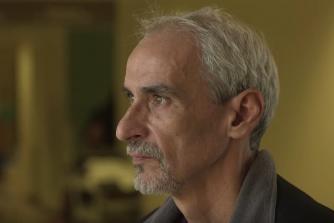If you have been diagnosed with a serious or chronic health condition, or have been told you need a procedure or medical therapy, you may want to get a second opinion from another doctor before you begin treatment. You may also want to seek another opinion if the doctor you see initially cannot provide a definite diagnosis.
A second opinion can help you confirm your diagnosis and fully explore potential treatment options. Your doctor can tell you how quickly your condition needs to be addressed and how much time you have to look into your options.
Patients commonly seek a second opinion. Some health plans actually require one, especially when a doctor recommends surgery or an experimental therapy.







